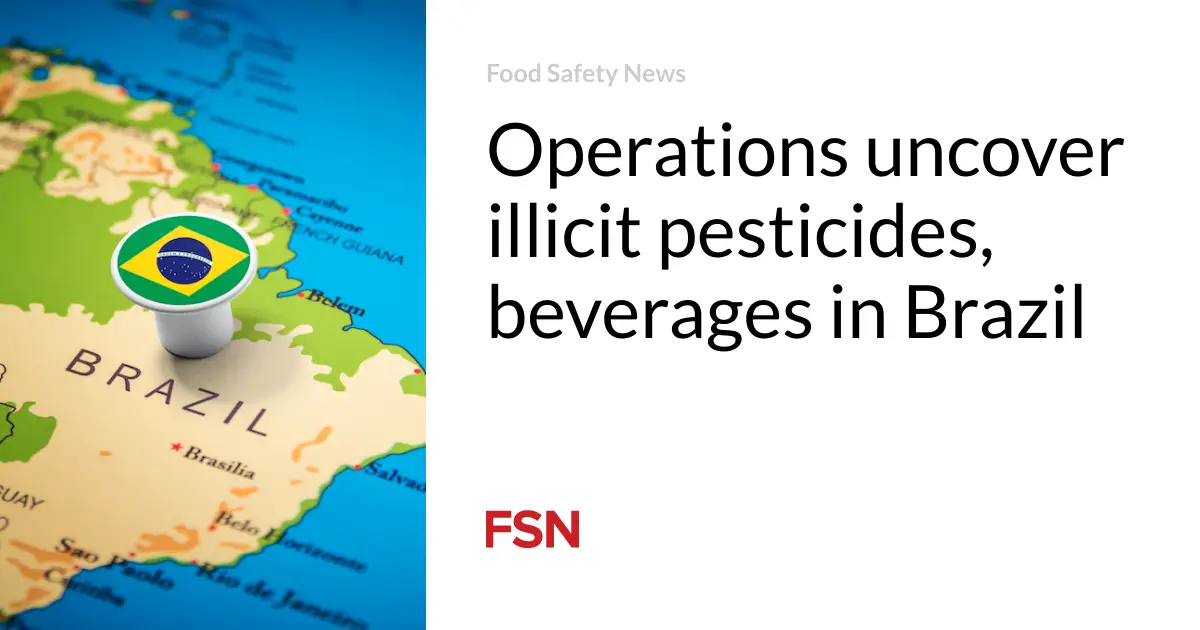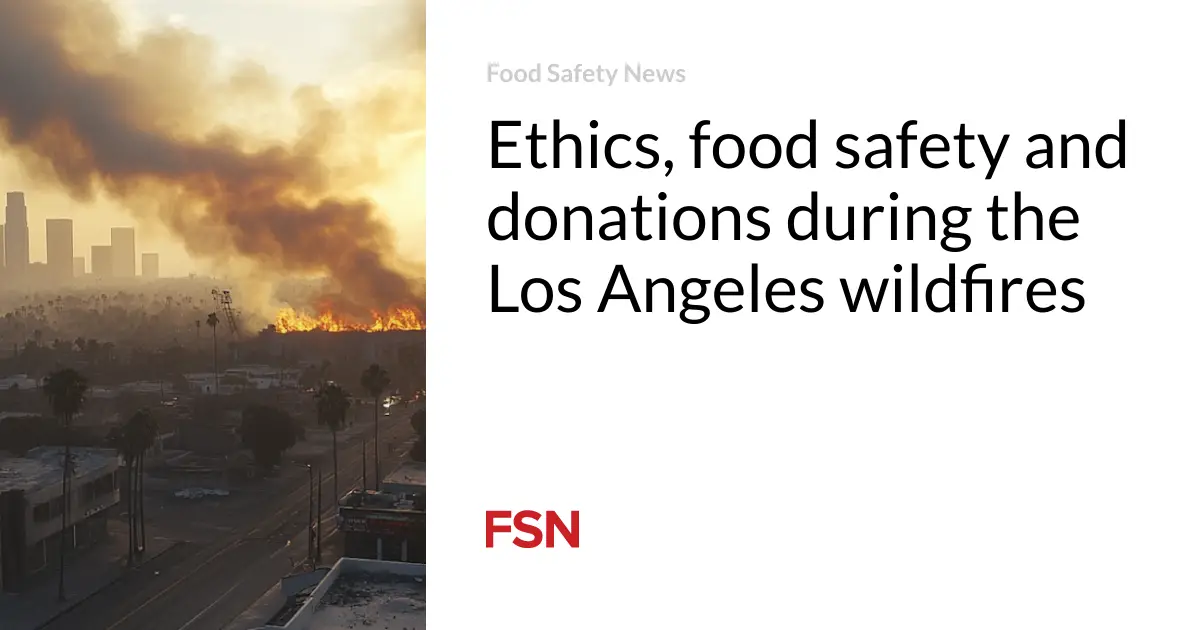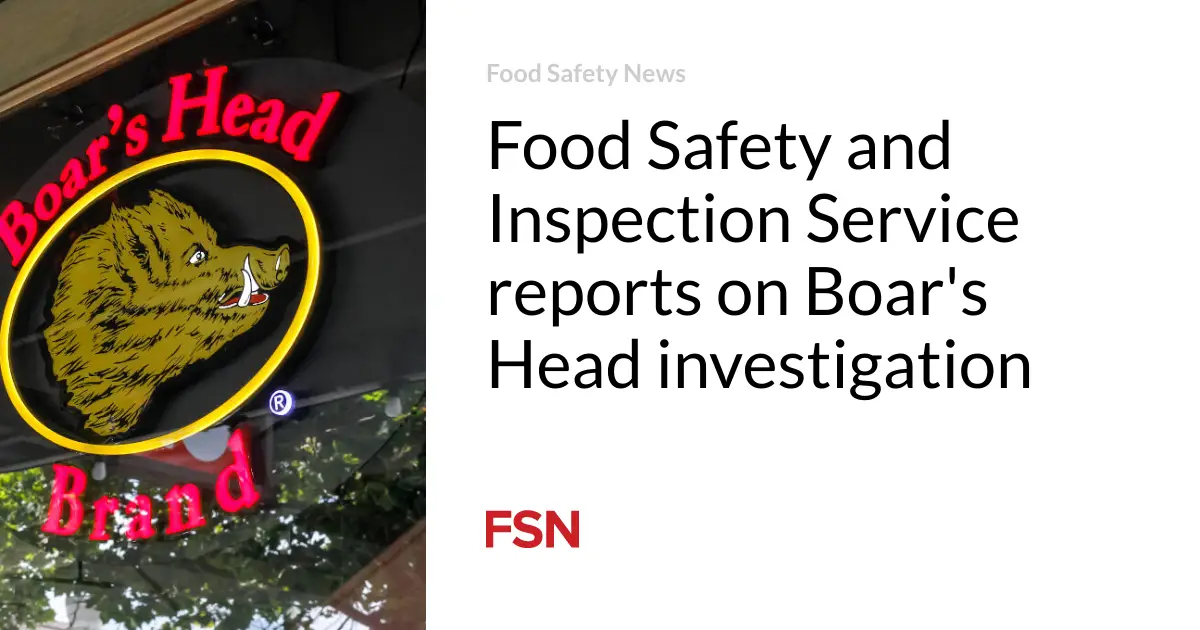
Brazilian authorities have cracked down on potentially dangerous pesticides, animal feed products, and beverages in a range of recent operations.
In Operation “Ossos do Ofício” about 50 tons of products intended for animal feed, 12 tons of raw materials, and 500-kilograms of veterinary products were seized.
Efforts involved the Ministry of Agriculture and Livestock (Mapa), officials from the state of Maranhão, as well as military and civil police.
The operation targeted three establishments involved in transporting, storing, and processing waste from the clandestine slaughter of cattle for use in products intended for animal feed.
One of the companies was responsible for the manufacture of supplements and therapeutic products used in animal feed, intended for cattle, horses, and sheep, without being properly registered with Mapa.
Offenders are believed to have forged the Federal Inspection Service (SIF) seal and sold products in agricultural stores and directly to rural producers.
Inadequate processing of cattle slaughter waste, with unknown origin and the possible presence of specified risk materials, for use in products intended for animal feed, increases the risk of transmission of Bovine Spongiform Encephalopathy (BSE). Poor storage conditions also heightened the risk of Clostridium botulinum and botulism, said Brazilian authorities.
Burning of plastic was also discovered. This practice creates dioxins, which could contaminate animal feed products. Humans can then be exposed via food of animal origin.
In other controls, Mapa helped to close an unregistered fertilizer and pesticide company.
Following information from Mapa, inspectors from Araraquara went to two addresses in the city where there was a suspicion of the manufacture of fertilizers and pesticides.
After gaining access to one site with the help of the military police, inspectors found it was not registered with Mapa for the production of fertilizers and pesticides. They discovered all the equipment necessary to produce agricultural items, as well as raw materials, packaging, and labels.
Liquid and solid fertilizers, packaging, and pesticides were seized. Activities were suspended while the company was given the opportunity to respond.
Beverage-related busts
In another operation, a task force from Mapa was part of a team that checked beverage firms in the Campinas region.
In June, 18 companies were inspected and 10 notices were drawn-up for various issues. About 500 liters of drinks, raw materials that had expired, and non-compliant labels were seized. One site had its production activities suspended because of inadequate hygienic and sanitary conditions, which officials said posed a risk to consumer health.
Finally, Mapa and civil police uncovered 32,000 liters of counterfeit wine and an unauthorized factory in Paraná.
Juice, alcohol, and dyes were mixed and the product was misleadingly labeled as “vinho colonial gaúcho”, supposedly produced in Caxias do Sul.
Authorities found 16,000 bottles ready for local sale and thousands of empty bottles. One person was arrested and will face charges of counterfeiting food products.
Officials have known about the sale of such products on the roadside since 2022 but with the help of the Paraná Civil Police, they have now managed to identify the production unit.
Mapa said the operation was important due to the potential danger to public health and the impact on legitimate producers with unfair competition in the market.
(To sign up for a free subscription to Food Safety News, click here.)







